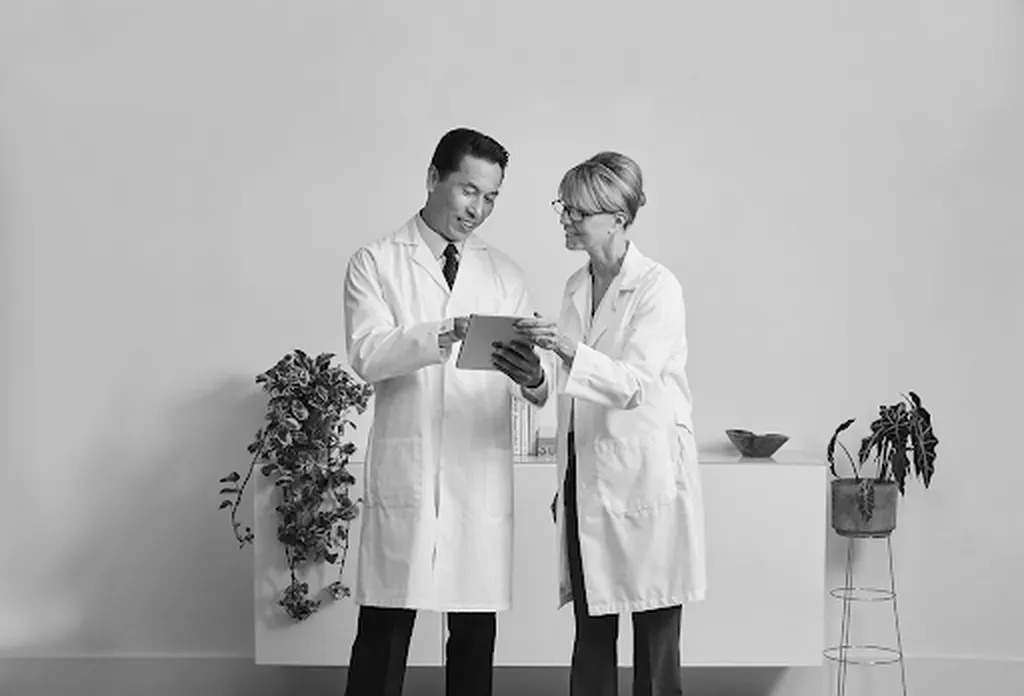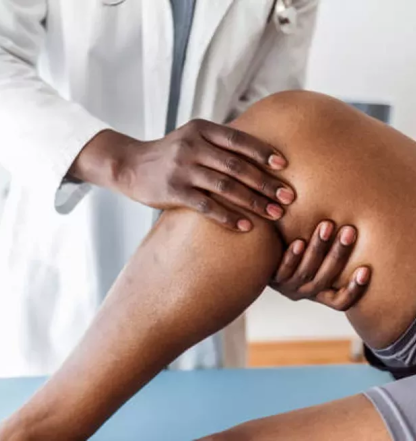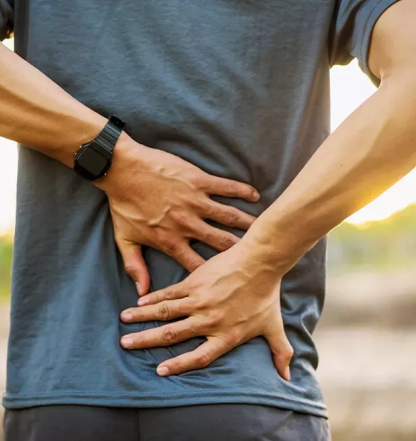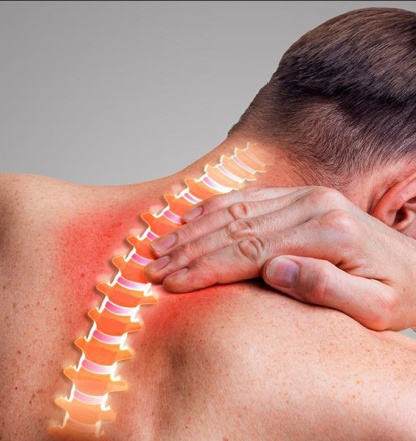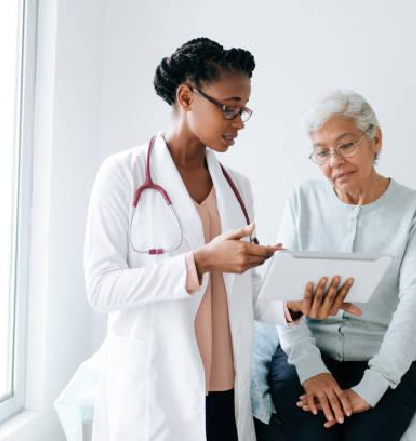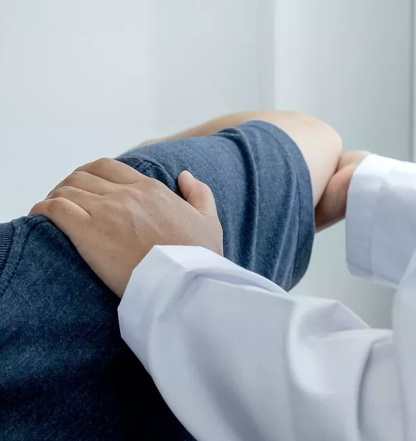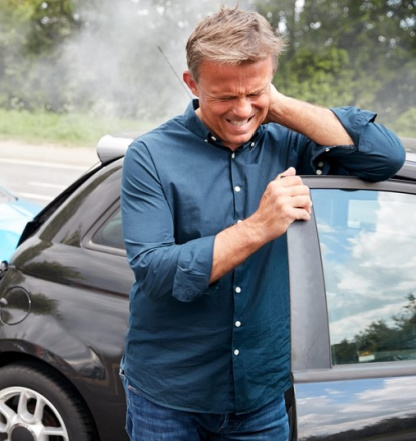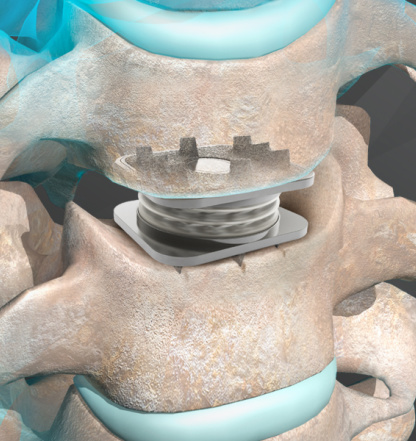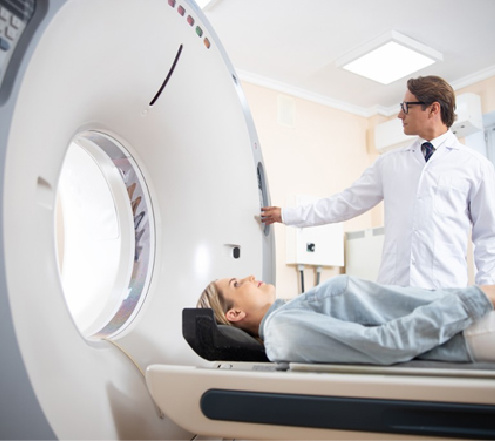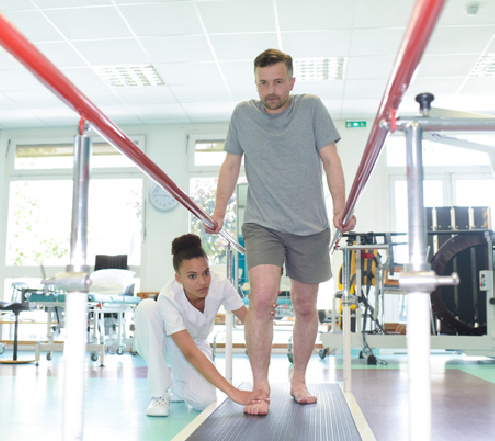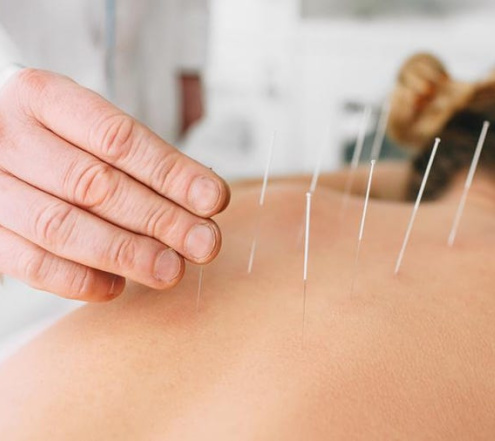Seven Steps You Need to Take After a Car Accident That’s why the team at Spine Center Atlanta is sharing the following information about the steps anyone can take after a car accident.
That’s why the team at Spine Center Atlanta is sharing the following information about the steps anyone can take after a car accident. This guide can also help someone who has recently been in an accident, or anywhere on their treatment journey, get the help they need to find lasting relief.
We’re always here to help and welcome any questions you have, please don’t hesitate to reach out at any time.
1. Stay Safe at the Scene of the Accident
The most important step for any car accident is to never leave the scene and immediately take steps to get to safety. First, assess the injury status of you and everyone in your vehicle to see if there is serious injury that requires immediate medical care. Next, it is recommended to move your vehicle out of traffic if it is possible and safe to do so.
If you have road flares or safety triangles, place them around your vehicle, especially if it is dark or there is low visibility.
See if anyone else involved in the accident requires immediate emergency care, otherwise it is advisable to minimize contact and avoid confrontation. Do not discuss fault of the accident or disclose any confidential information.
2. Make Sure First Responders Are on the Way
Ensure that emergency responders have been notified and are en route if needed. You should err on the side of caution when it comes to the health and safety of you and other people involved in the car accident. Better for a paramedic to come and give you a clean bill of health than to miss a serious injury. Traumatic injuries such as a concussion or internal bleeding can often be difficult to detect yourself and require professional attention.
Even in a minor fender bender, you should also always call the police to file a report. Depending on the severity of the car crash and availability of people, an officer may not arrive at the scene. However, filing a report is still important to establish a record of the accident if it is needed later.
3. Collect Any and All Necessary Information
The aftermath of an accident may be shocking and distressing, but this is a critical time to stay calm and record the facts and events as accurately as possible. Record the exact time, day and location of the vehicle crash. Take photos of any relevant damage to vehicles and property as well as skid marks.
Create a diagram of the accident that includes direction of travel, approximate speeds and points of contact. Try to record any impact to your physical body from the car crash, this can help responders or doctors identify potential injuries.
You should also collect the contact information, including insurance company information, of the other party and any witnesses who are willing to cooperate. Do not share specific information about your coverage and do not ask it of the other party.
4. Contact Your Insurance Company
Once again, no matter how minor the accident, it is highly recommended to notify your insurance company that one occurred. By filing a claim with your insurance company you limit your exposure to liability and also ensure that you receive the medical coverage you are entitled to. Some people choose to work with any attorney to navigate the often complex process of insurance claims, but this is a personal decision and often depends on the severity and complexity of the car accident.
5. Always Get Checked Out by a Doctor
Getting a thorough examination by a qualified medical professional as soon as possible after the accident is another highly essential step. Problems such as neck pain, back pain and other issues often have a delayed onset of symptoms. For example, whiplash may take a few days or even longer to become painful.
Seeing a doctor such as your primary care physician for a thorough evaluation helps to establish a medical record of the vehicle crash. Write down any and all symptoms and issues you have been experiencing since the car accident. This can help you and your doctor work together to identify or rule out potential common problems that can develop.
Expect to undergo the following steps:
- Review of your medical history
- Discussion of any symptoms and how they are affecting daily activities
- A hands-on evaluation, including movement tests, balance tests and palpation
- Diagnostic testing, such as X-rays or MRI, to detect internal injuries or rule out potential issues
Even if you do not receive a diagnosis, establishing a record with your doctor immediately after a car crash can help to potentially link any problems that do develop to the accident.
6. Be Proactive About Treatment
Especially for neck and back pain related to a spine injury, the recovery process is highly dependent on committing to conservative treatment and a healthy lifestyle. Follow any and all doctor-recommended treatment. Depending on the specific diagnosis, this can include:
- Rest
- Over-the-counter medication
- Bracing
- Physical therapy
- Hot and/or cold compression therapy
- Therapeutic massage
- Pain-relieving injections
- Acupuncture
Many patients dealing with issues such as whiplash or minor bulging or herniated discs find sufficient relief by following a conservative treatment plan. However, if weeks or months of treatment do not bring the relief necessary for a good quality of life after a car accident, it may be time to explore the possibility of surgery.
7. Know When to Explore Surgical Options
If you are recommended for surgery, it can be beneficial to understand the benefits of minimally invasive procedures to fully understand the range of available options. Depending on your specific diagnosis, a minimally invasive procedure can offer the possibility of an outpatient experience, less risk of complication and a shorter recovery time.
If You Are Experiencing Pain After a Car Crash, Spine Center Atlanta Can Help
Spine Center Atlanta offers a multidisciplinary, patient-centered approach to helping patients find relief from a wide range of spine conditions, including injuries related to a car crash. From physical therapy to orthopedic surgery, our highly experienced staff can help you develop a personalized treatment plan that is right for your individual needs.
If you’re interested in learning more, call Spine Center Atlanta 404-351-5812, today.


